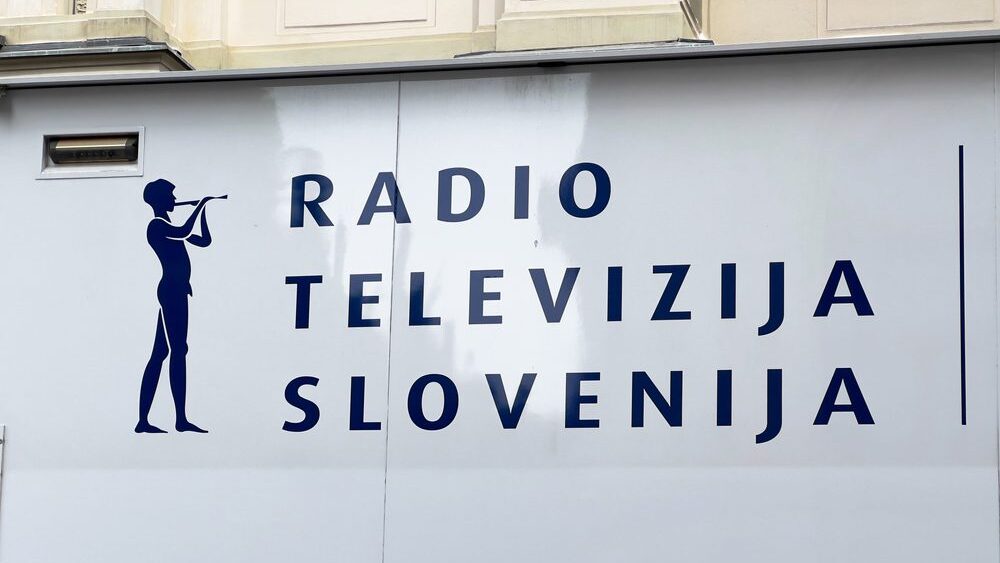
Photo: Adrian Tusar / Shutterstock.com
Slovenian opposition politicians have alleged a purge of journalists not aligned with the country’s left-liberal government from the national broadcaster RTV Slovenija. They fear that the precedent set by the Europhile Tusk government in Poland cracking down on conservatives in public media could be spreading to other parts of Europe.
Member of the European Parliament Romana Tomc told The European Conservative that the purge at RTV was prearranged by the new government upon taking power on the grounds of “depoliticisation,” castigating NGO and various EU institutions for their relative silence.
The Slovenian MEP went on to say that she had tried to no avail to raise the matter during debate over the recent EU Media Freedom Act, saying that rule-of-law disputes within Brussels were just a “political game” for Eurocats.
Since June 2023, EU and NATO member Slovenia has been governed by a pro-EU coalition. Members of the conservative Slovenian Democratic Party (SDS), including Tomc, are concerned about journalists being axed from their jobs after allegedly falling foul of the government. Strategic firings and pay cuts at the state broadcaster are becoming more frequent.
Among these journalists is Valentin Areh, a veteran Slovenian war correspondent previously featured on CNN and Reuters who found himself unemployed this month due to what he views as a politically-motivated decision by the station’s new management.
Not the only journalist made redundant, in a public letter Areh describes how he was informed by email that he would be laid off from the broadcaster in a move targeting “journalists who did not want to identify themselves politically” and ally with the new regime in Slovenia.
RTV has been firing journalists en masse, with Areh lamenting the open “psychological violence” used against employees, specifically those that worked on the anti-government investigative show Panorama—axed in December (amid near-total silence from their labour unions).
Areh’s experience and the alleged ideological purge at RTV were raised by centre-right SDS MEP Romana Tomc in a letter addressed to the European Commission, warning of flagrant rule-of-law violations comparable to what is occurring under the Tusk government in Poland.
Initially, the question of media freedom was raised in 2021 when Slovenia was ruled by a centre right Democratic Party government, with liberal NGOs claiming that then-Prime Minister Janez Janša was targeting hostile media outlets.
Subsequently, claims that the ruling left-liberal coalition in Slovenia is tampering with the state broadcaster became a major talking point for the ousted SDS government, with Tomc linking the professional harassment to a “radical faction of journalists” backed by the state.
Tomc’s arguments highlight claims of European Commission hypocrisy, as also demonstrated by the EU’s relative silence over the ongoing ideological purge of Poland’s national state broadcaster TVP by the Tusk government in an effort to rid it of right-wing elements linked to the former ruling Law and Justice (PiS) party.
Since the Slovenian government is a clear Brussels ally on matters such as integrating the Western Balkans or war in Ukraine, perhaps this would explain the leniency shown to it on issues of media freedom.
